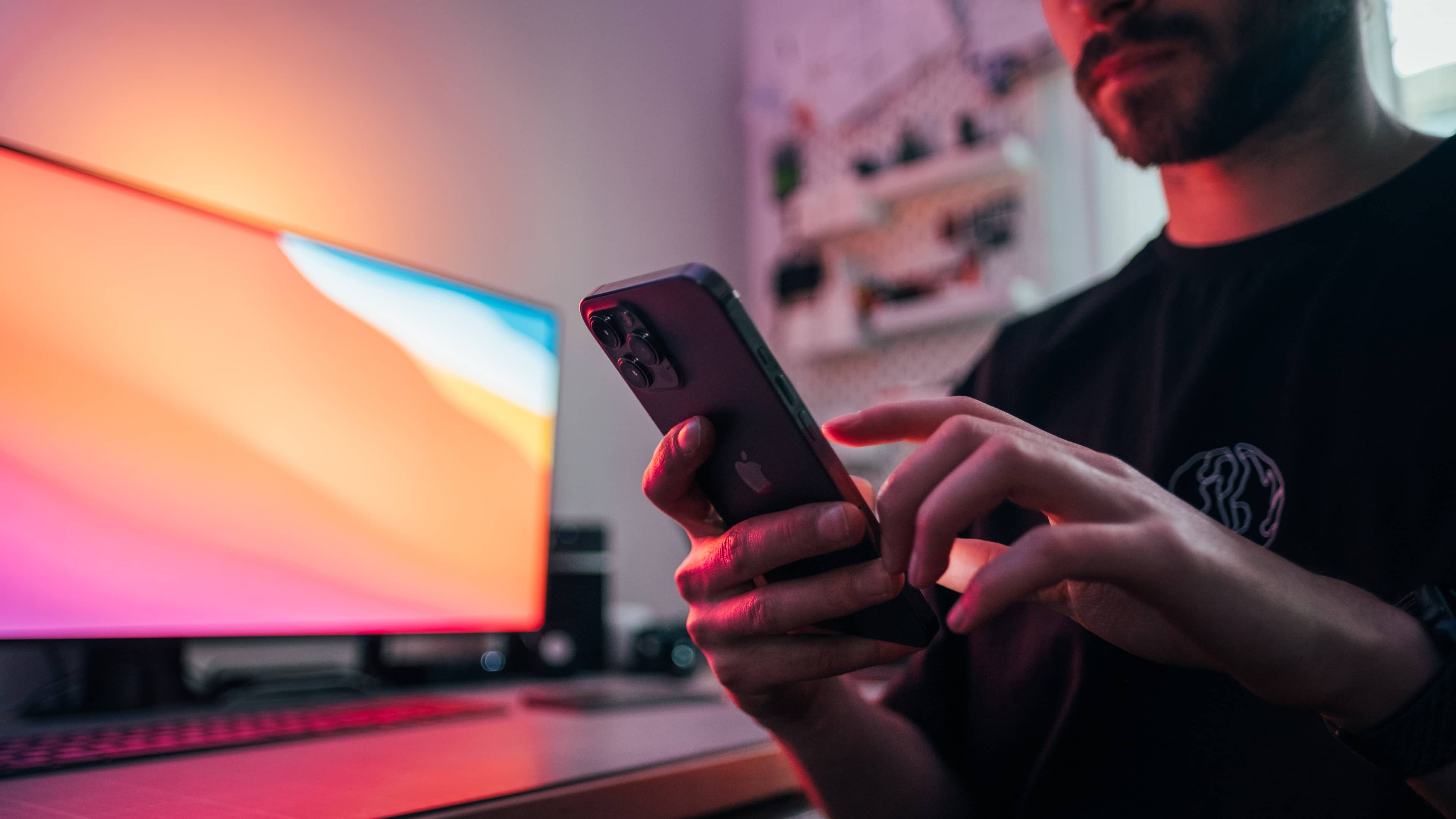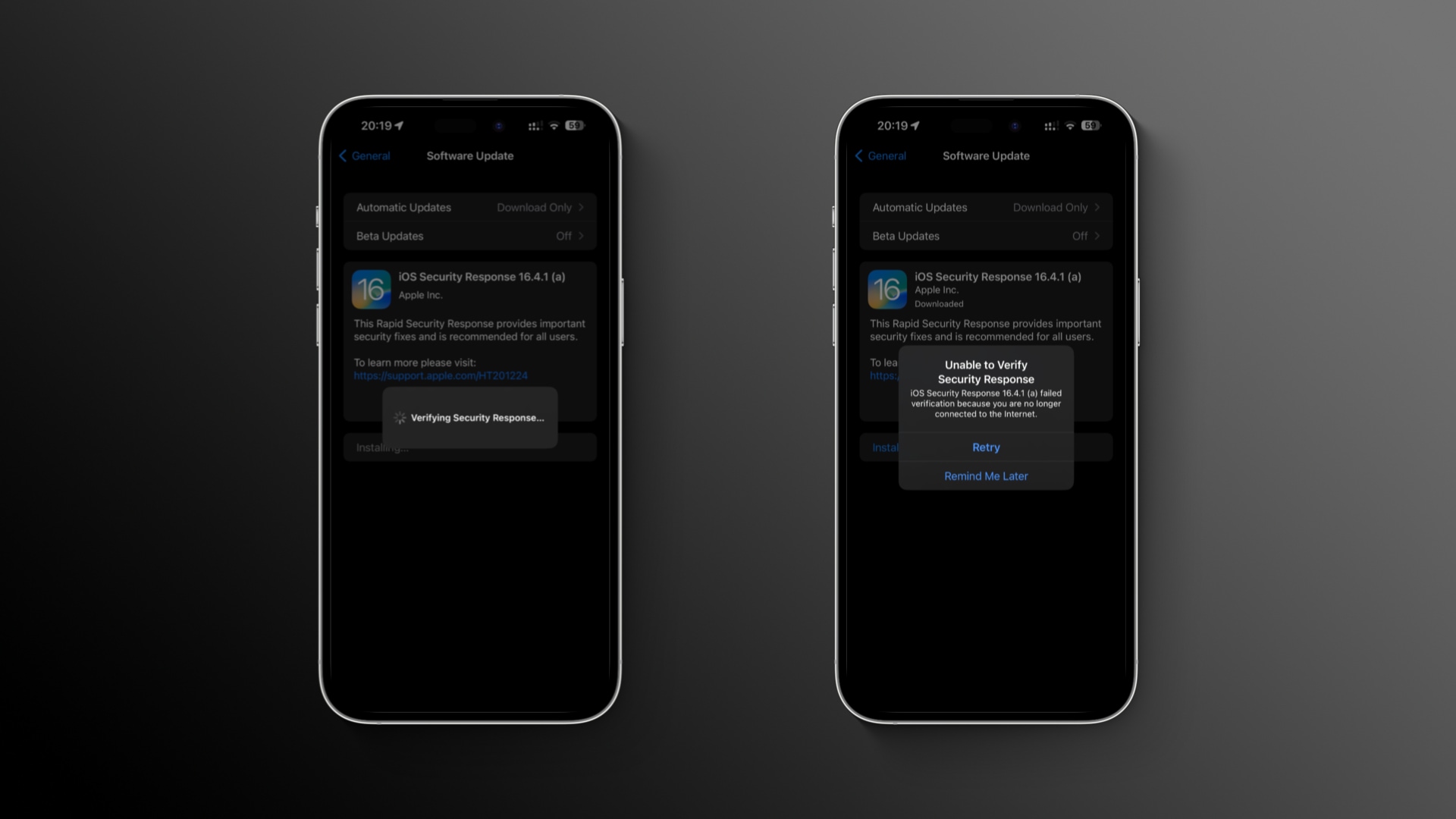For some people, Apple’s first public Rapid Security Response has failed to install even though an over-the-air update has downloaded successfully.
UPDATE: Affected people, this author included, are now reporting on social media that the failed activation problem has resolved itself without user intervention. There’s nothing for you to do if you’re seeing this issue but wait patiently.

- Apple has released its first public Rapid Security Response update.
- The security update is available for the iPhone, iPad and Mac.
- However, some people are having issues installing it.
Issues with Apple’s Rapid Security Response update

Rapid Security Response (RSR) is a new feature in iOS 16, iPadOS 16 and macOS Ventura that lets Apple deliver critical patches separately from regular updates.
After testing it with registered developers, Apple finally launched its first public SRS update on May 1, 2023. However, some people are having issues installing it.
While the update shows up in the General > Software Update section of the iPhone’s Settings app and System Settings in macOS, it refuses to install.
“Unable to verify security response,” cautions the prompt. “Security Response failed verification because you are no longer connected to the internet.”
The 85-megabyte iPhone download is being released in stages, with five percent of users getting it today and the remaining 95 percent over the next few days and weeks. On macOS, the update weighs around 310 megabytes.
I’m affected, too
I can confirm seeing this message on my iPhone, iPad and Mac. The update has been downloaded, but the binary fails to verify across all my devices.
I’m not using the private address feature, I have no VPNs or content blockers installed and I’m not using custom DNS servers either. My iPhone, iPad and Mac are running iOS 16.4.1, iPadOS 16.4.1 and macOS Ventura 13.3.1, respectively.
We’ll be making sure to update this post when a solution becomes clear. In the meantime, a newly published security document on the Apple website provides additional information about Rapid Security Responses for iOS, iPadOS and macOS.
This update requires a restart, but others may install without restarting. Good thing Apple provides a way for people to remove RSR updates in case of critical errors.